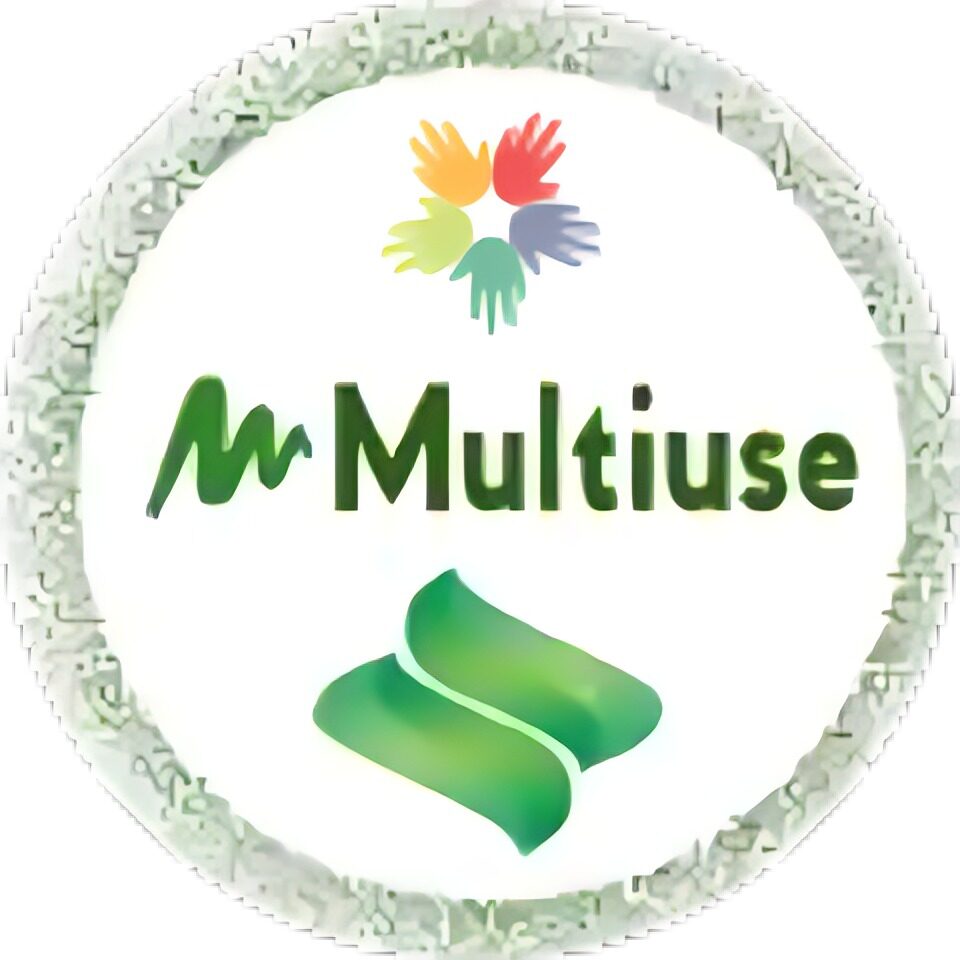The Transformative Power of Technology and AI
Technology and artificial intelligence (AI) are reshaping our daily lives, proving their influence in everything from communication to industry-specific innovations. As AI continues to develop, it’s clear that its potential is only beginning to unfold. This article explores how AI is changing modern industries, improving productivity, and prompting ethical discussions.
Current Trends in AI Technology
AI innovation is accelerating, introducing breakthroughs that make machines better at understanding and solving real-world problems.
Generative AI and Its Applications
Generative AI is revolutionizing creativity and problem-solving. Simply put, it creates new content—whether through text, images, or even music. For example, tools like ChatGPT or DALL-E empower businesses to produce custom content quickly and efficiently.
One popular use of generative AI is in content creation for marketing campaigns, where companies automate designs or personalized emails. This technology is also entering creative fields like gaming, where it helps develop adaptable, immersive storylines. This article explores the growing applications of generative AI in-depth.
AI for Workplace Productivity
AI tools help employees become more efficient, automating repetitive tasks like data entry or scheduling. Platforms such as Notion and Slack integrate AI to streamline workflows and improve team communication. For example, a project manager could use AI to analyze progress reports and forecast project completion timelines with great accuracy.
Incorporating AI in customer service is trending as well. Chatbots powered by AI handle repetitive queries, letting human representatives focus on more complex tasks.
Rise of Multimodal AI
Multimodal AI represents a significant leap forward. These systems process multiple types of data at once—text, video, images—allowing for more nuanced insights. Technologies such as GPT-4 can analyze input from different formats to solve complex problems.
For instance, medical professionals can input clinical notes and scan images together to create robust diagnoses. Multimodal AI might soon become the standard for AI systems as it enables more comprehensive decision-making. Learn more about this trend on IBM’s website.
Impact of AI on Various Industries
From healthcare to education, AI is reshaping sectors by optimizing processes and creating smarter systems.
Healthcare Innovations
AI tools enhance patient care through predictive analysis and personalized treatments. For instance, AI-powered imaging tools are improving disease detection rates for conditions like cancer.
Robotic assistants in operating rooms or patient management systems reduce workload and human error. Researchers are even using AI to tailor drugs and therapies for genetic conditions. Discover more about the integration of AI in healthcare here.
Transforming Finance and Banking
Banks are increasingly relying on AI for fraud prevention. AI can detect suspicious activities instantly, safeguarding customers. In addition, chatbots offer personalized financial advice, streamlining customer service processes.
Risk assessment is another area where AI shines. Advanced algorithms analyze market trends to aid investment decisions and credit approval processes.
AI in Education
Education becomes more accessible and dynamic with the help of AI. Tools like adaptive learning platforms assess students’ strengths and weaknesses in real time. This data helps educators provide tailored lesson plans, boosting understanding and engagement.
AI-powered translation tools like Duolingo make language barriers disappear, creating global learning opportunities.

Photo by Catalina Carvajal Arango
Challenges and Ethical Considerations in AI
With great power comes great responsibility, and AI is no exception. As the technology matures, society must address its challenges.
Data Privacy Concerns
AI systems thrive on data, but how much is too much? Companies must collect user data ethically, keeping information secure and limiting unnecessary accumulation. Recent regulations like GDPR have made strides, but a global consensus on AI data practices is still lacking.
Bias in AI Algorithms
Bias in AI is a pressing issue. Consider recruitment algorithms that inadvertently reflect historical prejudices in data, leading to unfair hiring. The lack of diversity in AI training data often leads to flawed results, making fairness a critical area of focus. Learn more about addressing such biases here.
Regulations and Compliance
Governments and organizations need frameworks to guide responsible AI use. Establishing clear rules ensures accountability and fosters trust among users. Ongoing efforts include discussions about new policies to govern data use, algorithm transparency, and ethical deployment at scale.
Conclusion
The rapid growth of AI defines our modern world. Whether improving efficiency in industries, personalizing education, or sparking ethical debates, the technology holds tremendous promise. However, its future depends on adopting a balanced approach—harnessing its benefits while addressing concerns.
Looking ahead, AI’s role in shaping our lives will only grow. Thoughtful integration and continuous innovation will ensure it serves humanity’s best interests responsibly. Education and awareness will remain key as we navigate these exciting developments.
